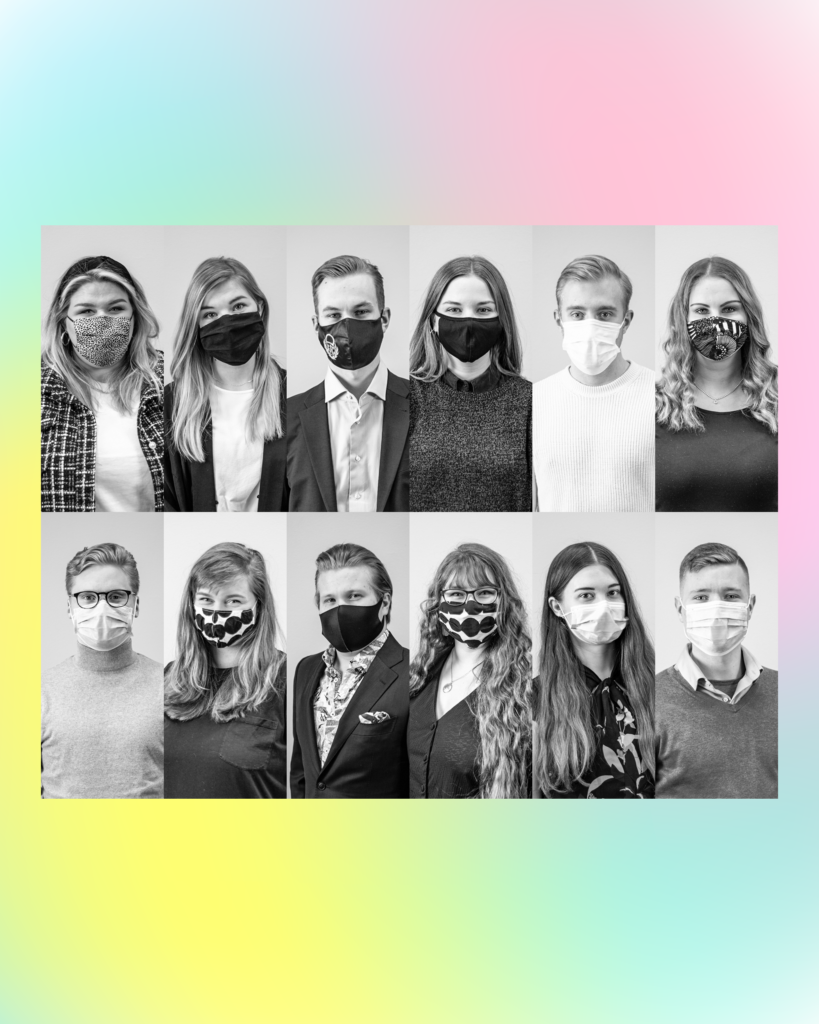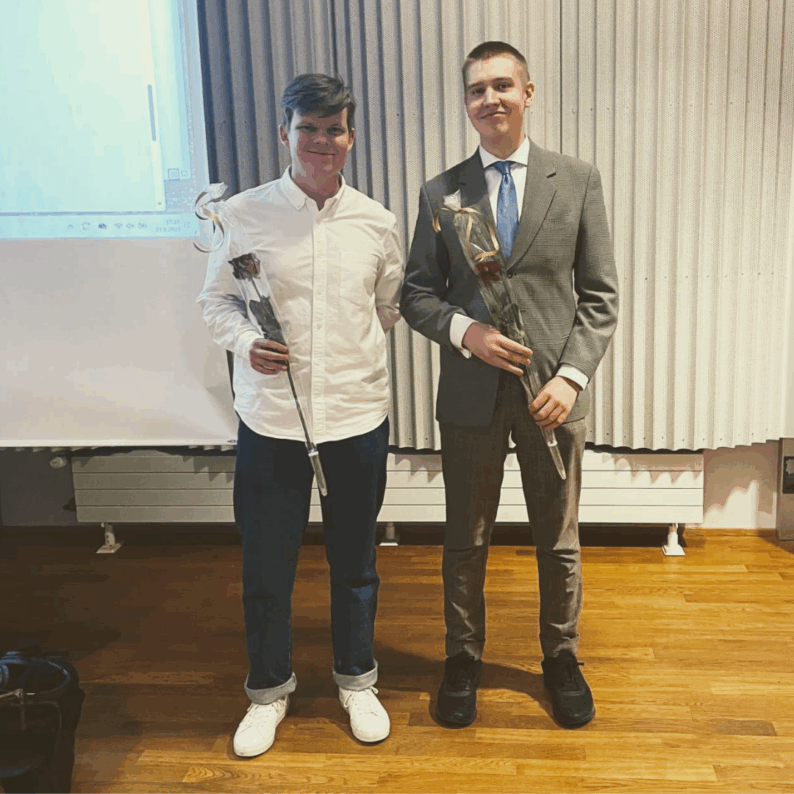


Student wellbeing must be improved through concrete actions
STATEMENT
The situation of university students is currently unsustainable. Almost a full year of distance teaching has increased loneliness and exhaustion among students as well as endangered their subsistence. Students’ grasp of their studies has weakened, while uncertainty over the future has increased. Studies are not considered as meaningful as before.
‘Students’ coping is in a crisis, and we can no longer allow the situation to develop in this way. Exhausted students who have already had to deal with one year of distance teaching need concrete help instead of thoughts and prayers’, Chair of HYY’s Board Jessika Isomeri demands.
The debate on students’ exhaustion has been going on for quite some time already, but the topic finally made headlines on Tuesday 2 March 2021, when the Finnish government organised a coronavirus info session aimed at students. The expectations were high, as the event marked the first time that students were acknowledged after one year of distance teaching. However, the government’s message to students was a huge disappointment: students were merely thanked for their patience and urged to continue to cope with the situation without any concrete support.
Considering the statistics on the matter, the request to simply continue to cope with the situation feels grotesque. According to a study published last December by the University of Helsinki, 60 per cent of students were either exhausted or in danger of becoming exhausted. A mere 17 per cent of students felt enthusiastic about their studies during the coronavirus situation. The truth is that students simply cannot take it anymore.
‘When we talk about students’ exhaustion, we must recognise the diversity of students. Students are not a homogenous group, and coping with the coronavirus situation is dependent on the student’s background, including their socioeconomic background, living arrangements, health status and ability to function’, states Member of the Board Fiona Helminen.
The current situation of students must be improved at once. Like the National Union of University Students in Finland, HYY demands that access to low-threshold mental health services be expedited by implementing a therapy guarantee and securing the universities’ funding and thus the availability of support services. Flexibility must be added to months of student aid by increasing their number to 55, and the study grant must be increased significantly to 335 euros. In addition to this, the target time for graduating to qualify for the student loan compensation must be automatically extended by a year.
Improving students’ situation does not require miracles – only some political will. Is the Finnish government prepared to take action to alleviate students’ distress?
Further information:
Jessika Isomeri
Chair of the Board
jessika.isomeri@hyy.fi
050 595 0327



